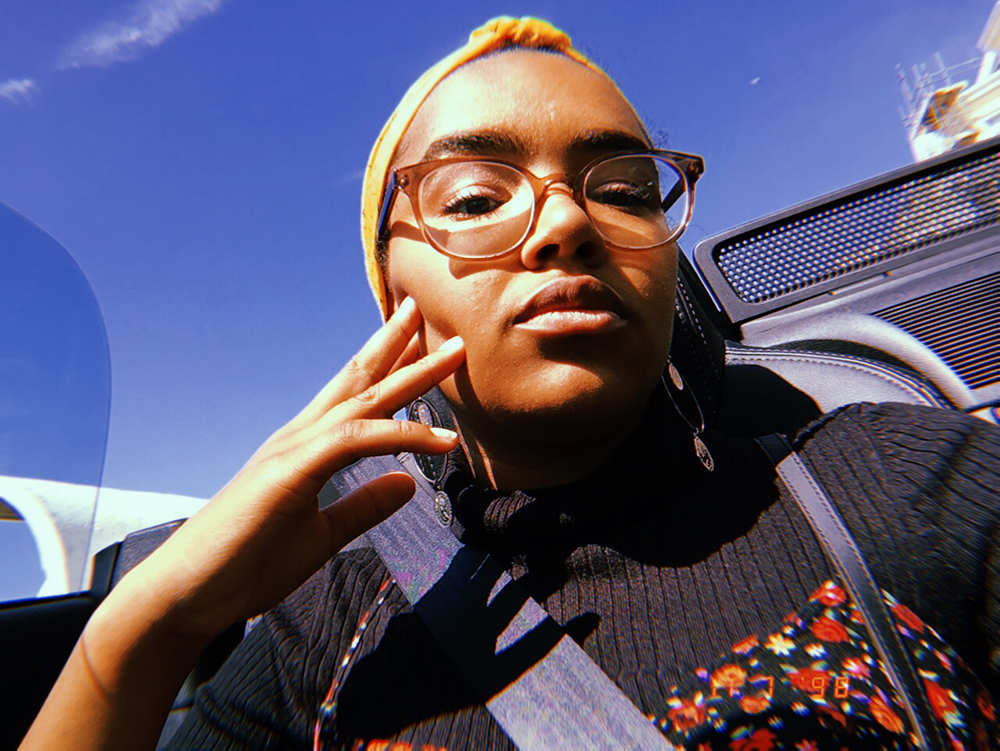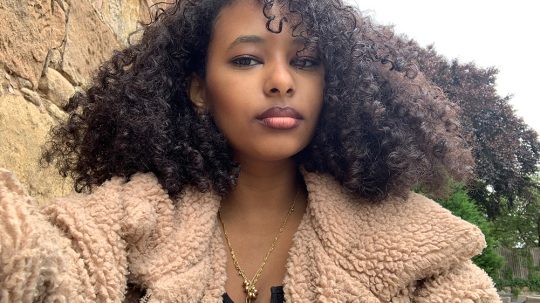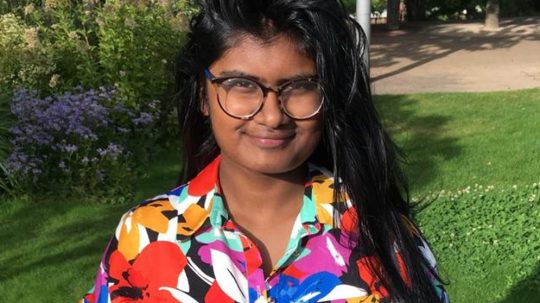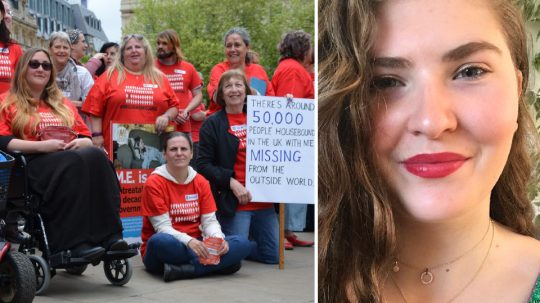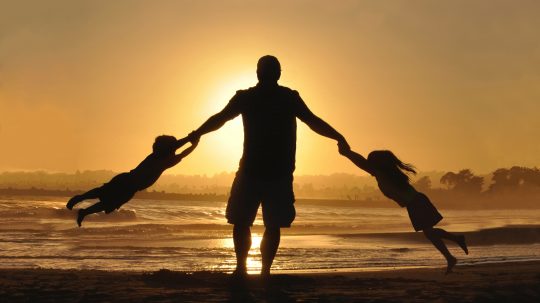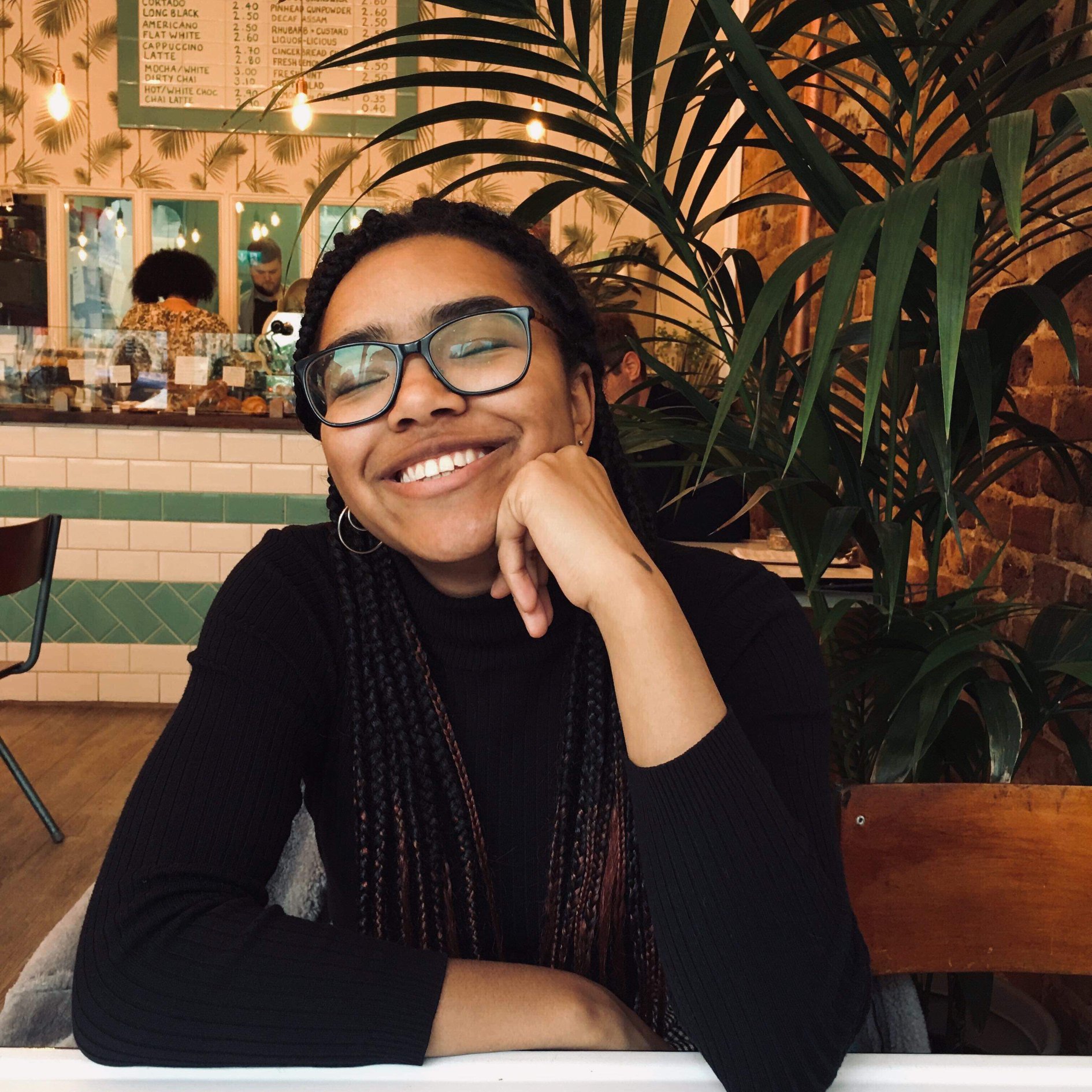More than 61% of black LGBT+ people have experienced discrimination or poor treatment from LGBT+ peers, figures show. Our community must tackle this bigotry and not let it be swept under the rug, writes Jasmine Burobey-Shenton.
When I was elected onto the committee of a student-led LGBT+ organisation to represent queer, trans and intersex people of colour (QTIPOC), I cried. I was so overjoyed. It was a feeling of complete and utter freedom. Freedom to be myself, celebrate our identities and take on the responsibility to support others. For the first time, I felt able to openly say I am queer, non-binary and black. It affirmed an identity I’d been struggling to water down for years.
Our organisation aimed to create safe spaces by hosting events bringing together people of all genders, sexualities and romantic identities. These ranged from relaxed chatty socials to performances from black students to celebrate Black History Month, and a pop-up art exhibition at a local venue.
But, in spite of the groups’ aims, I quickly came to notice an apparent lack of interest among white community members in events celebrating QTIPOC. When I asked for help as I struggled to organise large events for the first time, few offered meaningful support. When the events eventually went ahead, only a handful would show up.
It felt lonely to be a person of colour in this “safe” space.
Jasmine Burobey-Shenton
What’s more, there seemed to be an air of complacency. It was as though many of us felt somehow immune from the pervasive nature of systemic racism because, as LGBT+ people, we are ourselves a marginalised group. Racism often went unchallenged.
I commonly experienced micro-aggressions, thinly-veiled racist language and racial profiling on campus from others within the community. For instance, some peers dismissed the efforts of a fellow black liberation organiser by describing meetings with her as “woke-ification” sessions. The term “woke”, which has its origins in African American vernacular, refers to being aware of injustice – but has increasingly been used as a pejorative term as it has moved into the mainstream. When I raised my concerns, I was told I was being too loud and too aggressive. It led to my isolation as a black person. It felt lonely to be a person of colour in this “safe” space.
I am not alone in my experiences. A 2018 study by the LGBT+ charity Stonewall revealed that more than half (51%) of black, Asian and minority ethnicity (BAME) LGBT+ people faced discrimination or poor treatment from the wider LGBT+ community.
“The gay village and Pride aren’t welcoming towards people of colour. The drag queens shout after us calling us Beyoncé or Whoopi Goldberg, which we took lightly at first but now it’s really embarrassing every time it happens as it brings a lot of attention to us and the other people in the club will start to join in,” Lara, 28, told the charity.
“Last year at Pride some guy bumped into me by accident and when he realised I was black he said ‘ew’ and wiped his arm off in front of me. I don’t go out as often anymore because of this.”
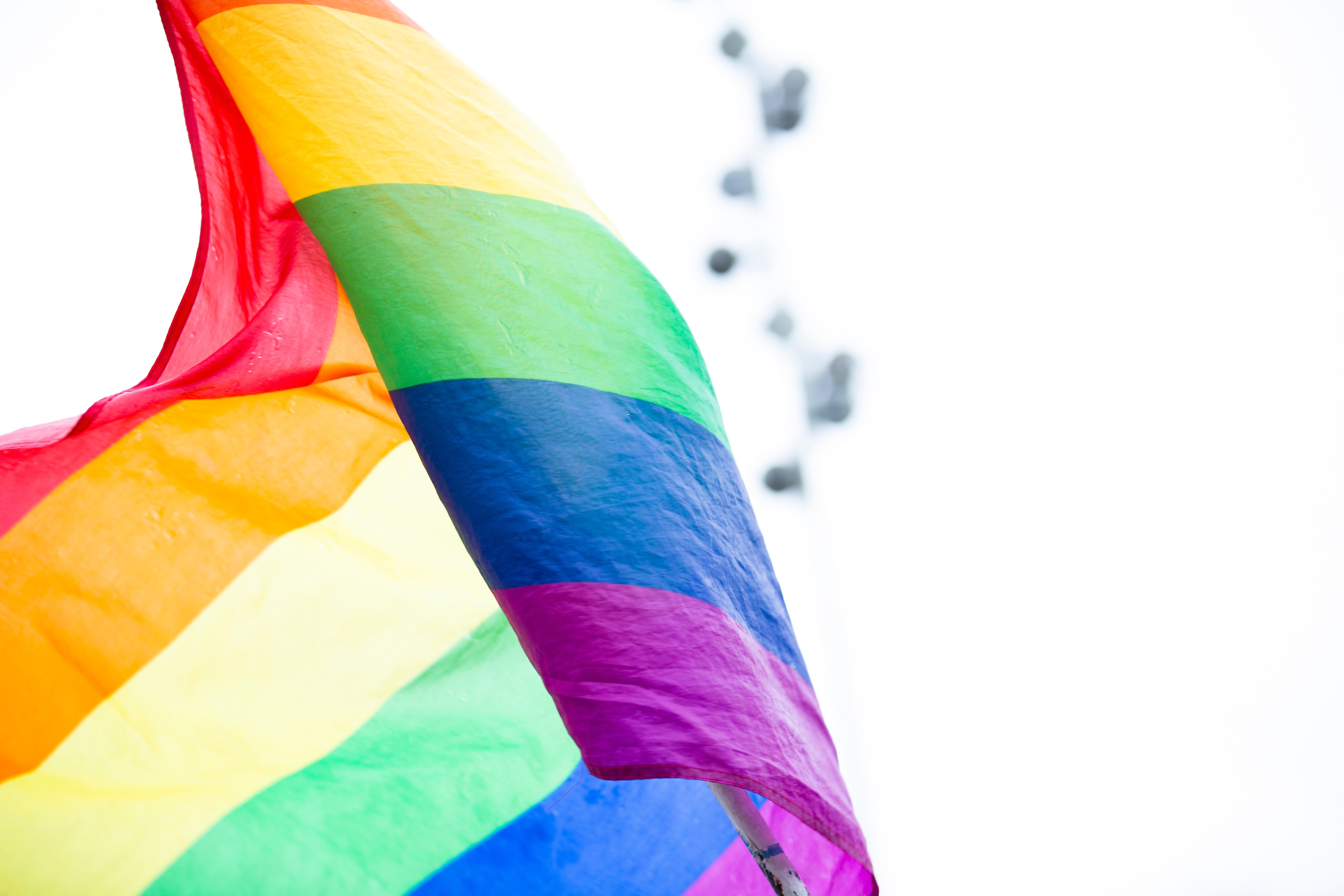
A 2018 study by the LGBT+ charity Stonewall revealed that more than half (51%) of black, Asian and minority ethnicity (BAME) LGBT+ people faced discrimination or poor treatment from the wider LGBT+ community. Credit: Pexels.
Being LGBT+ does not remove you from your racism: whether it be personally-held beliefs, or actions which uphold racist power structures and hierarchies. We live in a systemically racist society and our community is not exempt.
The pandemic has had disproportionate and devastating economic impacts on black people in the LGBT+ community. According to a survey conducted by the LGBT Foundation, BAME LGBT people and trans people in the UK had more medical appointments cancelled amid the pandemic than non-BAME and cisgender LGB people. BAME LGBT people and trans people were also disproportionately concerned they might not be able to access medication. According to Akt, a charity which supports LGBT+ youth, LGBT+ people make up a quarter of homeless young people in the UK. About 61% of these young people are from black and minority ethnic backgrounds – rising to 79% in London – and lockdown has only made things even more difficult for this vulnerable group.
What can be done?
Challenging racism – in our (chosen) families, our social circles and our organisations – is not easy. It never has been. But, if we do not, these structures and ideologies, and the realities they create for queer, trans, and non-binary people from minority ethnic backgrounds will continue unabated.
This year has been relentless. Community – caring for each other – has never been more important. Queer, trans and intersex people of colour need your solidarity now more than ever.
Solidarity is active. Call out racism in the LGBT community when you see or hear it, even when it is difficult and especially when people of colour aren’t in the room.
You can write to your MPs to encourage the government to finally reform the 2004 Gender Recognition Act (GRA), to enable trans and non-binary people to legally change their gender more easily and humanely. This could begin to address the disproportionate discrimination and barriers that black and minority ethnic trans and non-binary people face when accessing healthcare.
Activists were set to gather in Parliament Square this weekend to demonstrate in support of GRA reform, but the protest was called off amid fears of breaching coronavirus restrictions, under which large gatherings can be punishable by a £10,000 fine. Organiser Thaniel Dorian hopes to now organise an online protest and plans to challenge the restrictions, which they said raise concerns over our right to protest.
Thank you for all of the kindness and support.
We are looking to challenge to police’s illegal actions against us, and create a virtual protest to ensure our speakers are heard.
If you wish to support us in the meantime; https://t.co/o5ju6TSri2#transrightsprotest pic.twitter.com/NL7WNATv2n
— Trans Rights Protest Thaniel Dorian (@ProtestTrans) September 6, 2020
You can donate to initiatives supporting queer, trans and intersex black people and people of colour, such as the Black Trans Alliance. You can organise fundraisers for local queer collectives in your area or contact them to ask what they have planned and whether it includes and centres minority ethnic members of the LGBT community.
For events that specifically cater to QTIPOC, let us have a space that represents our diverse heritage and identity. Support organisations like UK Black Pride which advocates for the health, wellbeing and celebration of African, Asian, Middle Eastern and Latin American LGBT+ communities.
What are you doing in your communities now to actively support your minority ethnicity LGBT+ siblings?
Jasmine Burobey-Shenton
Research the history of Pride and LGBT+ rights movements, and discover the monumental contributions of black and latinx trans women and gender non-conforming people like Marsha P. Johnson and Sylvia Rivera. The film ‘Happy Birthday, Marsha!’ is a great place to start.
Most of all, question yourself. What are you doing in your communities now to actively support your minority ethnicity LGBT+ siblings?
Push past the performativity and show up, even as the protests and the media coverage die down. We need your support now more than ever.
The views expressed in this article are those of the author and do not necessarily reflect the views of EachOther.
About ‘The Inspired Source’ Series
This pilot series is part of our work to amplify the voices of aspiring writers that are underrepresented in the media and marginalised by society. Each piece examines a human rights issue the author or their community is affected by and preferably have a position on how we might begin to address it. This is a brand new series, so we are likely to adapt and refine it as things progress. Find out more about the series and how to send us a pitch on this page.

